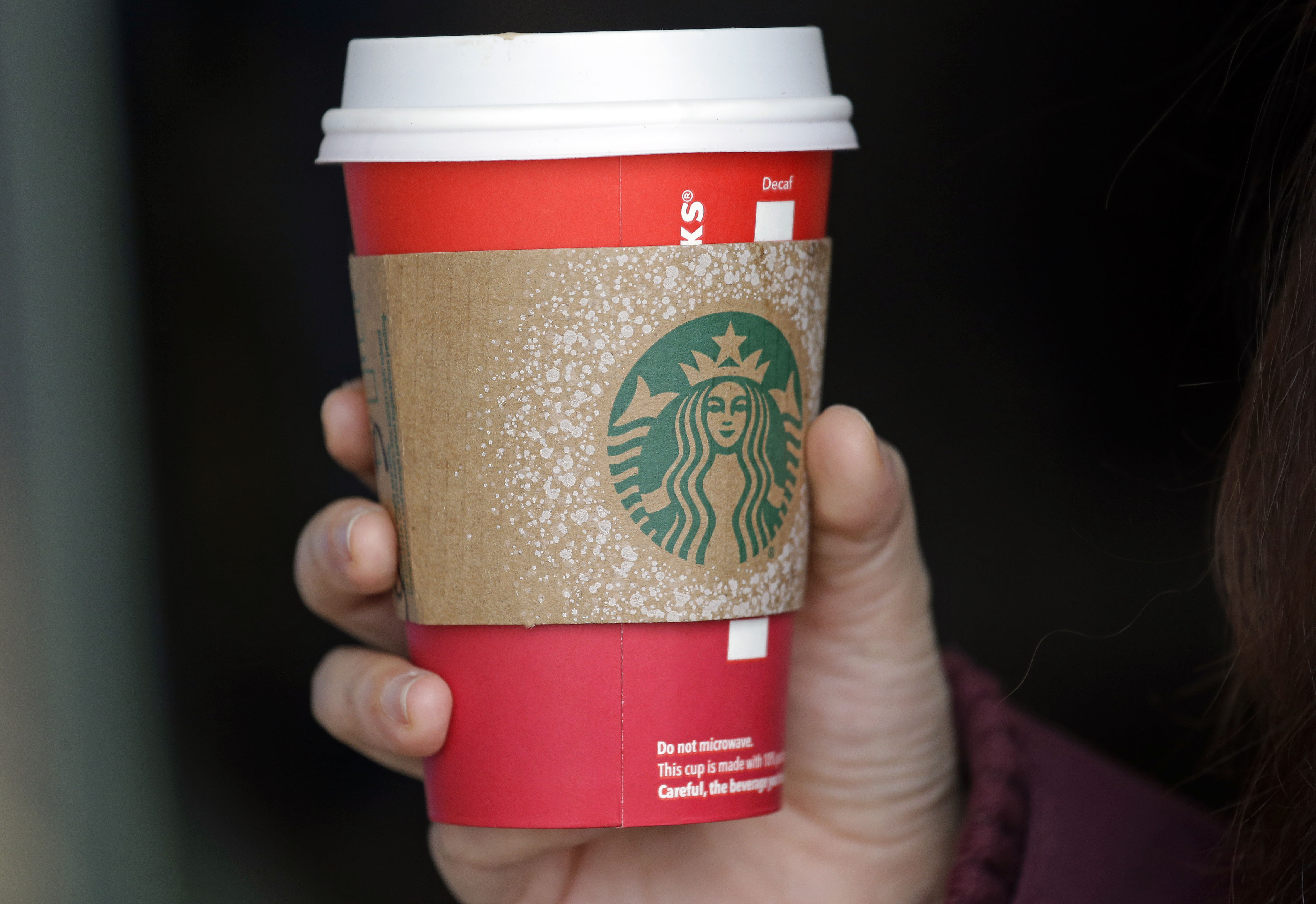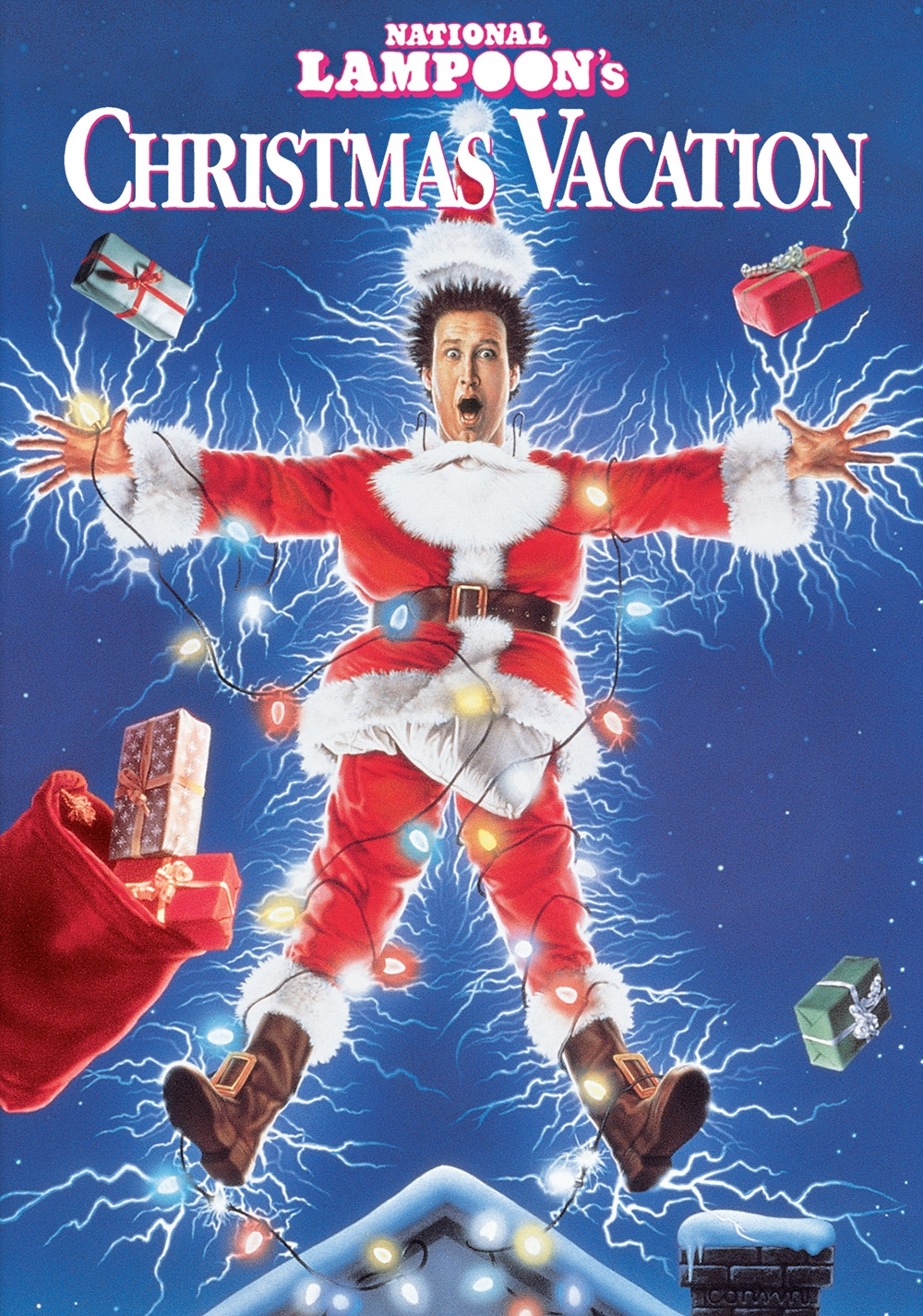
Staff Editorial
Nov. 4, 2021
Christmas, Thanksgiving, Halloween.
Many families look forward to these holidays as the leaves begin to change and the cold begins to set in. These seasonal events provide an opportunity to spend time with family and participate in religious activities.
While many people are familiar with holidays like Christmas, there are countless other seasonal festivities that are not given nearly enough attention.
Celebrations like Diwali and Kwanzaa are observed by many, but often fail to receive the mainstream recognition of other holidays.
This is unfortunate, because being knowledgeable of other traditions can make a person more whole and enrich their understanding of the world.
Diwali, also known as the Festival of Lights, is primarily observed by Hindus, Sikhs and Jains. It is a five-day festival that celebrates the triumph of good over evil and light over darkness.
Some of the traditions include the lighting of lamps across the community, visiting relatives and using fireworks. Diwali is a lunar holiday, which means that the date changes each year. It is always between late October and mid-November, and in 2021 it starts on Nov. 4.
Kwanzaa is a holiday that was created in 1966 to bring African-Americans together. It is based on African harvest celebrations. Kwanzaa celebrates seven guiding principles that uplift the African-American community, including ideas like unity and faith.
Each of the principles are represented by a candle on the kinara (a seven-space candle holder), and one candle is lit each day during the seven-day celebration period. Kwanzaa takes place from Dec. 26 to Jan. 1.
Día de los Muertos originates from Mexico and celebrates the deceased. Festivities involving food, drinks and parties are supposed to emulate activities that the dead enjoyed while they were living.
Family members will visit the grave sites of loved ones and decorate them as part of the festivities. Skulls and skeletons are popular symbols for this holiday, appearing in candy and masks. Día de los Muertos takes place Nov. 1-2.
Many people compare Día de los Muertos to Halloween because of their close proximities and some shared imagery, but they are very different. While Halloween focuses on dark and scary themes, Día de los Muertos is colorful and lively, with more positive feelings associated with it.
These are only a few of the less-recognized holidays in America, but they convey the variety of celebrations that people participate in.
People should make an effort to learn about holidays and traditions that are unfamiliar to them because it will give them a greater appreciation and deeper understanding of people and cultures that are different from their own. And when we come together to celebrate, it shouldn’t matter our differences, but the way we all in essence celebrate the same things, regardless of the holiday title:
Culture, family, friends and being alive for another year.




